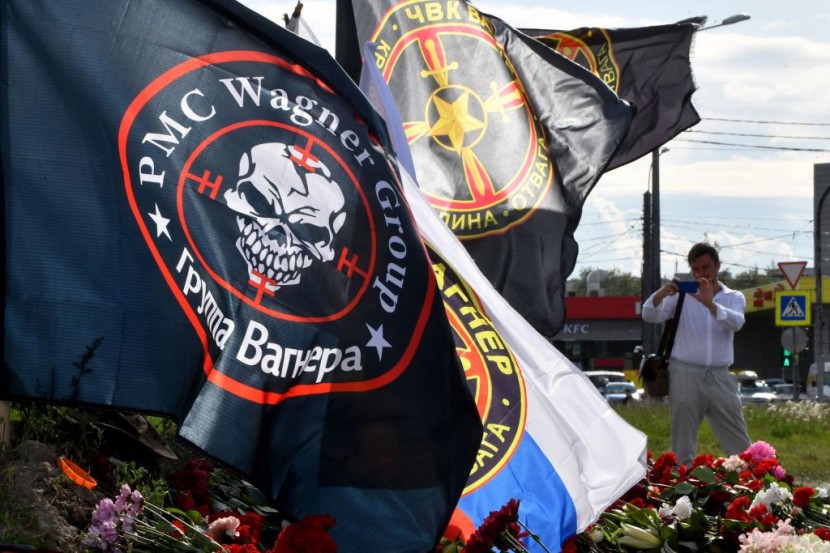
The UK officially banned the Wagner Group as a terrorist organization Friday (September 15), weeks after the death of its founder and leader Yevgeny Prigozhin.
The order made it illegal to be a contractor of, or to support, the Russian mercenary corps, with those found guilty of doing such facing heavy fines and penalties of up to 14 years in prison.
British Home Secretary Suella Braverman called Wagner a "threat to global security" upon proposing the order.
"Wagner's continuing destabilizing activities only continue to serve the Kremlin's political goals," she said. "They are terrorists, plain and simple - and this proscription order makes that clear in UK law."
Wagner now joins 78 others in a list of proscribed organizations in the UK, which includes Hamas and Boko Haram.
A Rundown of Wagner's Recent History
Wagner was allegedly founded in 2014 by Prigozhin and since the annexation of Crimea, the mercenary group quickly became a key tool of Russian state power under President Vladimir Putin, the BBC reported.
Aside from its operations in Ukraine, Wagner has been at the service of Putin's allies in countries such as Syria, Libya, Mali, and the Central African Republic.
However, its general fate was jeopardized after Prigozhin led a failed mutiny against the Russian defense ministry, specifically with defense minister Sergei Shoigu. Prigozhin later died alongside other key Wagner leaders in a suspicious plane crash on August 23 and was buried in St. Petersburg.
On Friday, Kremlin spokesperson Dmitry Peskov denied that an investigation into the causes of the crash had been too slow, claiming that it was "not a simple investigation" and "not a simple incident."
"The investigation is ongoing, that is why giving some kind of commentary would be absolutely premature," he told reporters.
Read Also : Pro-Kyiv Russian Volunteer Corps Urges Wagner to Switch Sides to Avenge Prigozhin's Death
British MPs, Experts Say Wagner was Banned Too Little, Too Late
Meanwhile, some senior members of parliament (MPs) in Westminster have been calling on the government to ban Wagner for months, a term officials call "proscription."
Earlier this year, the parliament's foreign affairs select committee produced a report condemning the government's "remarkably complacent" approach to Wagner, as well as criticizing its "dismal lack of understanding" of the private military contractor's (PMC) influence beyond Europe, especially its presence in Africa.
However, some say the ban has been too little, too late.
Last month, experts told the BBC that rival private military companies were seeking to take over Wagner and its assets in the aftermath of Prigozhin's death.
Foreign affairs select committee chair Alicia Kearns urged the government Thursday (September 14) to take "a more strategic approach" towards mercenaries operating across the world's conflict zones.
On the other hand, the UK Labour Party's Shadow Foreign Secretary David Lammy accused the government of being too slow to act and of "failing to keep up" with changing threats to the UK's national security.
In the aftermath of Wagner's decimation by battle and by politics, Russia was said to have established dozens of private military contractor firms with multiple and varying loyalties.
Anton Mardasov, a non-resident scholar at the Middle East Institute's Syria Program, told the BBC last month that one group, PMC Redut, was already seeking to rival Wagner in Syria.
© 2025 HNGN, All rights reserved. Do not reproduce without permission.








